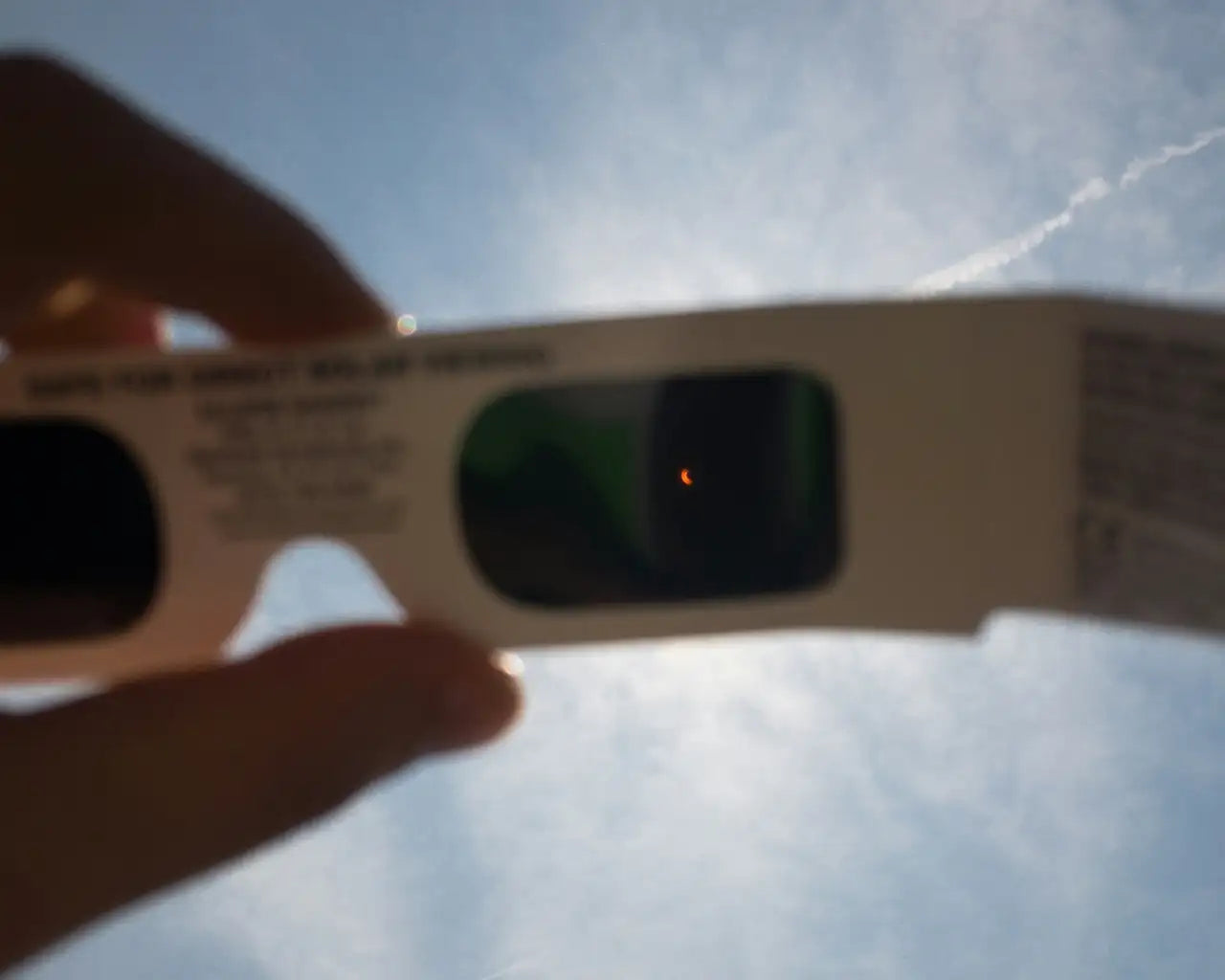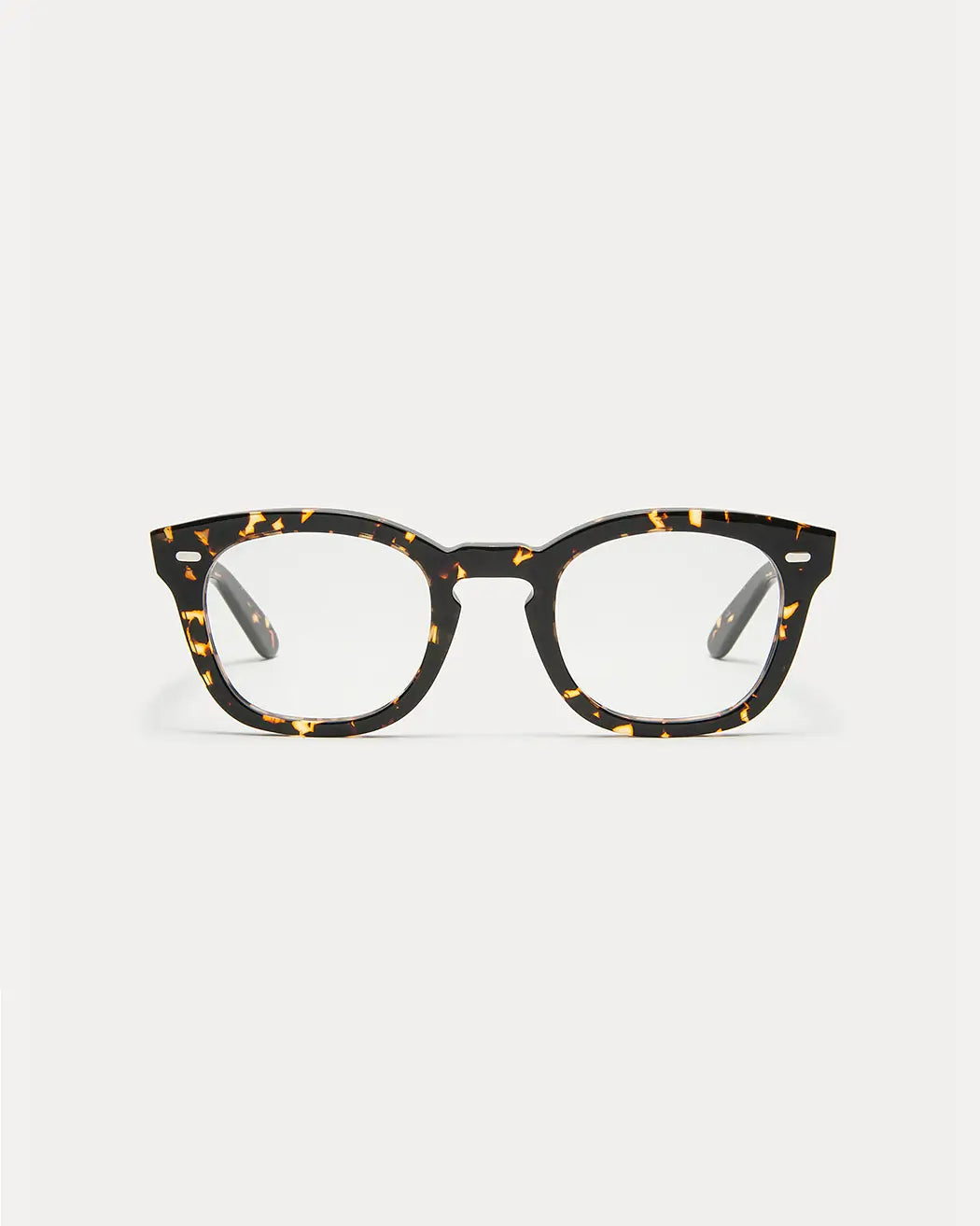Allergy Eyes - Everything You Need To Know

Itchy, watery eyes are a common sign for many that spring allergies have arrived. Because everyone’s allergies are different, finding the right treatment for your allergy eyes will be beneficial.
How Allergies Affects My Eyes
Allergic conjunctivitis is a common condition that affects millions of people that suffer from allergies. Allergic conjunctivitis is characterized by inflammation of the conjunctiva, the thin membrane that covers the white part of the eye and the inner surface of the eyelids. The inflammation occurs when the immune system overreacts to an allergen, such as pollen, dust, or animal dander.
Allergic conjunctivitis can be classified into two main types: acute and chronic.
Acute allergic conjunctivitis is usually caused by seasonal allergens, such as pollen, and is characterized by sudden onset of symptoms.
Chronic allergic conjunctivitis, on the other hand, is caused by exposure to year-round allergens, such as dust or pet dander, and can have a slower onset.
Signs of Allergic Conjunctivitis
Itchy Eyes
Itchy eyes are the most common symptom of allergic conjunctivitis. The itching can be mild to severe and can be accompanied by a burning sensation.
Redness
In reaction to the allergen, your eyes will react and create inflammation to remove the allergen which creates redness to the whites of your eyes.
Watery eyes
The eyes' reaction may produce excessive tears, which can cause the eyes to become watery and runny.
Swelling
With increased inflammation, the eyelids may become swollen, making it difficult to open and close the eyes.
Chemosis
Chemosis is swelling to the conjunctiva of the eye. Just how your eyelids will swell becoming puffy, the conjunctiva can collect fluid which may cause some swelling or pockets of fluid over the white part of your eye.
Light Sensitivity
The eyes may become sensitive to light, causing discomfort when exposed to bright light.
Blurred vision
In severe cases, allergic conjunctivitis can cause blurred vision.
Mucus
The eyes may produce a sticky discharge that can make the eyelids stick together. Discharge from allergies tends to be white, sticky discharge unlike the yellow-green discharge found in bacterial infections.
Best treatment for Allergy Eyes
The treatment of allergic conjunctivitis depends on the severity of the symptoms and the underlying cause of the condition. Treatment options include:
Avoidance
The best way to prevent allergic conjunctivitis is to avoid the allergen that triggers the symptoms. If the allergen is pollen, for example, it is best to stay indoors during peak pollen season, keep windows closed, and use air conditioning. If the allergen is pet dander, it is best to keep pets out of the bedroom and use a HEPA air filter.
Artificial tears
Over-the-counter dry eye drops like Biotrue Hydration Boost and Systane Complete can help improve the overall health of the surface of your eyes. A healthier surface will reduce itching, redness, and watering of your eyes.
Prescription eye drops
If over-the-counter eye drops are not effective, your optometrist may prescribe prescription allergy eye drops. These eye drops may contain steroids or other anti-inflammatory agents that can help reduce inflammation and relieve symptoms.
Oral antihistamines
Oral antihistamines can help relieve itching, sneezing, and runny nose associated with allergic conjunctivitis. However, everyone reacts differently to antihistamines. Always consult with your primary care doctor before starting treatment.
Cold compresses
Cold compresses are a great way to reduce the swelling and minimize the inflammation resulting from allergic conjunctivitis. This can be done by using a clean cloth soaked and rinsed in cold water and placing it over the eyes for a few minutes at a time. However, it is important to avoid direct contact with the eyes, as this can cause further irritation.
How to prevent Allergy Eyes
While it is not always possible to prevent allergic conjunctivitis, there are some steps that can be taken to reduce the risk of developing the condition:
Avoid allergens
Identify and avoid the allergens that trigger allergic conjunctivitis, such as pollen, dust, and pet dander.
Keep the environment clean
Regularly clean the home to reduce the amount of allergens present, such as vacuuming carpets and washing bedding frequently.
Keep the windows shut
Fresh air is wonderful but keeping your windows shut will help keep seasonal airborne allergens at bay.
Use air purifiers
Consider using an air purifier with a HEPA filter to reduce the amount of allergens in the air.
Wash hands frequently
Regularly washing hands can help reduce the spread of allergens and reduce the risk of developing allergic conjunctivitis.
Use eye protection
Wearing sunglasses or other eye protection can help prevent exposure to allergens when outdoors.
Stick with glasses
Wearing contact lenses during allergy season can make eye allergies even worse. Take a break and wear your glasses during times when you are most likely to by symptomatic.
Allergic conjunctivitis is a common condition that can happen anytime of year. It is important to recognize the signs and symptoms of allergy eyes and see your optometrist for treatment to relieve symptoms. While it is not always possible to prevent the condition, taking steps to avoid allergens and keep the environment clean can help reduce the risk of developing annoying eye allergies.




